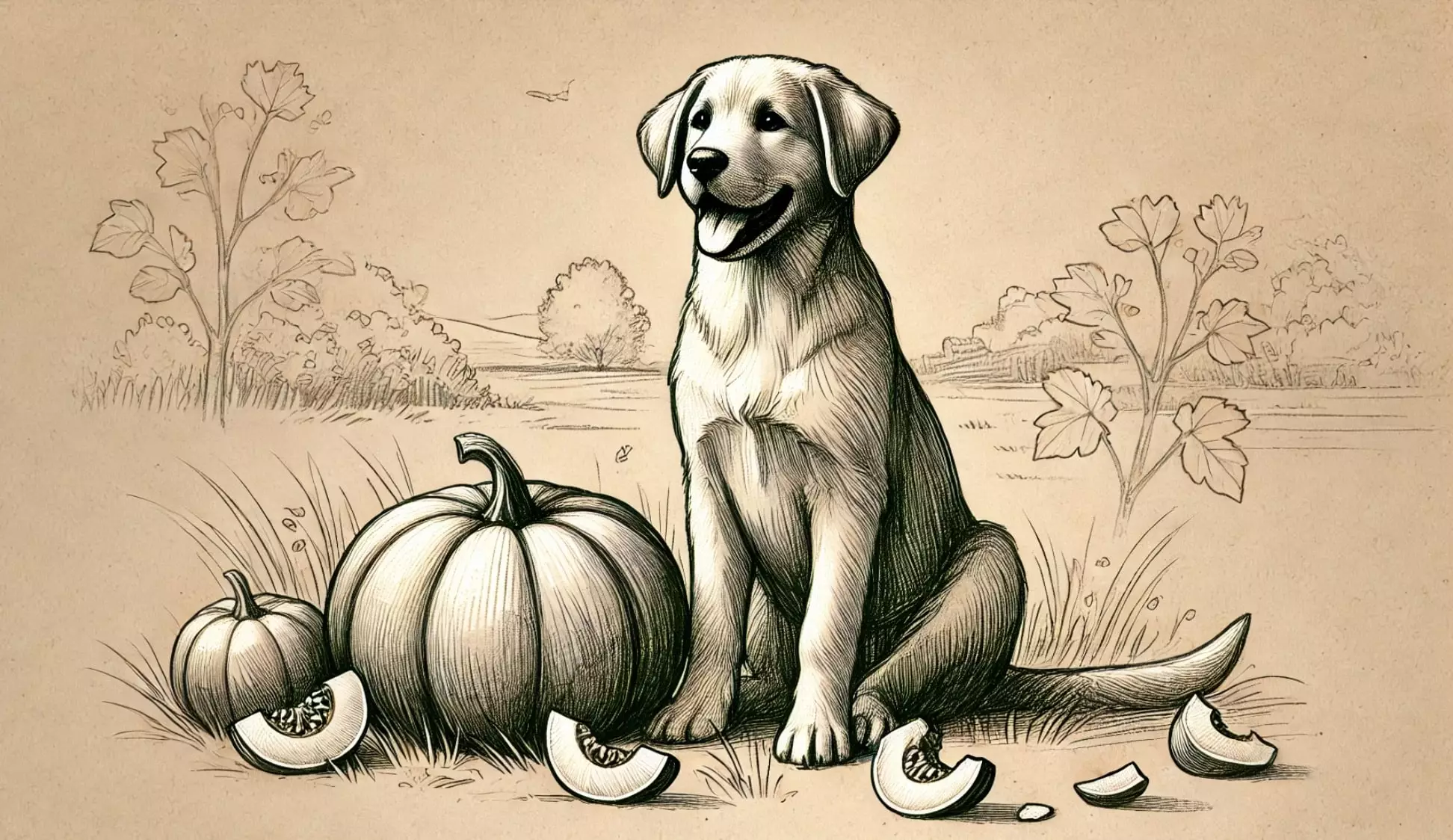As a devoted dog owner, the well-being and longevity of your furry friend are likely top priorities. Beyond routine veterinary visits, regular exercise, and grooming, many pet owners may overlook a valuable resource already in their kitchen: everyday foods. Understanding which pantry staples can be safely integrated into your dog’s diet could lead to a healthier and potentially longer life. Below, we explore 15 commonly found items that may offer significant health benefits when given in moderation.
Many dog owners are unaware that certain whole foods can be beneficial for canine health. Whole, nutrient-dense foods can provide essential vitamins, minerals, and probiotics that support various bodily functions. For instance, pumpkin is rich in fiber, which aids digestion and helps maintain an optimal weight. This bright orange squash is packed with antioxidants, promoting not just digestive health but also enhancing immune responses.
Similarly, blueberries are a small but nutritional powerhouse, teeming with antioxidants capable of combating oxidative stress. These berries may also help improve cognitive function in older canines, providing a wellness boost. Meanwhile, carrots serve a dual purpose: low in calories but high in beta-carotene, they are excellent for dental health while supporting eye function due to their vitamin A content.
Understanding how to effectively integrate these healthful foods into your dog’s diet is crucial. For example, Greek yogurt can enrich a dog’s diet with probiotics, assisting with digestion and boosting immune function—provided that it is plain and unsweetened. Eggs, another excellent source of protein, can sustain muscle mass in older dogs, ensuring they maintain strength as they age.
Incorporating salmon is a delicious option too, due to its omega-3 fatty acids which can foster heart health. Meanwhile, oatmeal can regulate blood sugar levels and aid digestion, making it a beneficial supplement for many dogs.
Certain fruits and vegetables can also be healthy snacks. Apples, with their fiber and vitamin C content, serve as a nutritious, low-calorie treat—just be sure to remove the seeds. Coconut oil has emerged as a trendy addition to canine diets, with claims about its potential benefits for skin, coat health, and even cognitive function.
Vibrant and nutrient-dense, spinach offers a wealth of vitamins and antioxidants that can bolster immune health. Even bone broth, often overlooked, has hydrating properties that can benefit dogs, especially older ones, by promoting joint health.
While these foods boast compelling health benefits, they must be introduced with caution. Consulting with your veterinarian should always be the initial step before altering your dog’s diet significantly. Individual health needs, age, and existing conditions can affect what is safe for your pet.
Begin with small quantities of any new food. This gradual introduction allows for observation of how well your dog tolerates it, reducing the risk of gastrointestinal upsets. Remember, these foods should complement a balanced diet rather than replace it; overdue reliance on human foods can skew nutritional balance.
Portion control is essential; treats, including these pantry-derived additions, should constitute no more than 10% of your pet’s daily caloric intake. Preparation matters too. Cooked meats should be served without seasonings, and bones must be avoided to prevent choking hazards.
Certain foods can be decidedly harmful to dogs. Common offenders include chocolate, grapes, raisins, and onions. Ensuring that your dog’s diet remains safe requires researching any new food items before introducing them.
As you navigate the complexities of canine nutrition, these modest changes can make a significant impact on your dog’s health and longevity. The positive effects of a nutritionally enriched diet paired with a healthy lifestyle can help ensure lively, joyful interactions and many years of companionship.
Finally, by actively engaging with your dog’s dietary needs, you reciprocate their love and loyalty with thoughtful care. Just as your furry friend brings joy to your life, taking the time to enhance their nutrition is one of the most fulfilling gifts you can offer. Together, you can embark on a journey of health and happiness that lasts for years.

